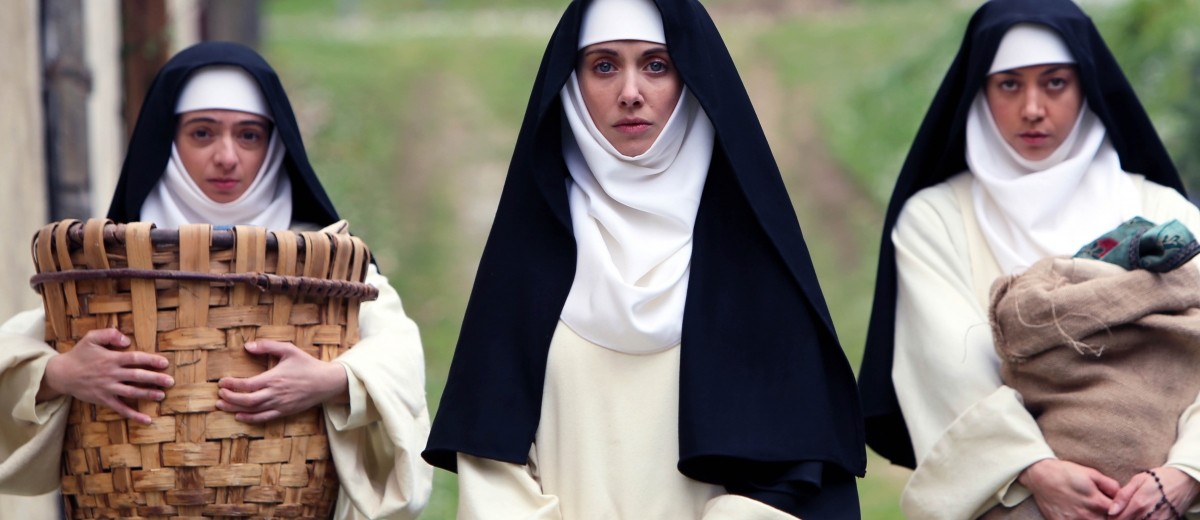Film Review: The Little Hours
Alison Brie, Aubrey Plaza And Kate Micucci Are Naughty Nuns In Oddball Literary Adaptation


Latest Article|September 3, 2020|Free
::Making Grown Men Cry Since 1992

